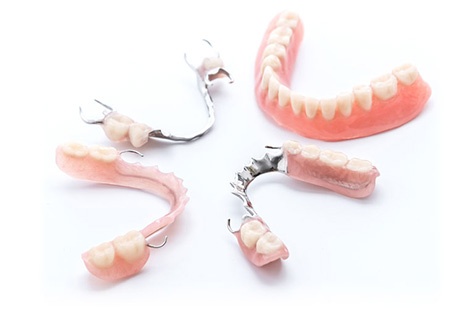
Our pediatric dentist says that my 4 yr old daughter’s teeth grinding is normal for her age. I’m wondering if I need to transfer my daughter to a new pediatric dentist who might know a little more. The dentist said that he will watch our daughter’s teeth to make sure she isn’t wearing them down. Other than that it’s a habit that she will grow out of. I’m very concerned about this. What if she doesn’t grow out of it? What do we do then? If intervention is needed, I want to know about it ASAP. Should I find another pediatric dentist for a second opinion to take a look at her teeth or is our pediatric dentist right? Alejandra
Alejandra – Your pediatric dentist is correct, but for peace of mind, if you want to schedule an appointment with another dentist for a second opinion, you should do so.
Consider a few facts about teeth grinding during childhood:
- Bruxism, or teeth grinding, is common.
- It’s most common during cycles of sleep—most frequently during non-Rapid-Eye-Movement (REM) sleep.
- The habit usually starts after a child is one year old.
- Sometimes the habit goes unnoticed by parents because it occurs mostly during sleep.
- Stress can be another cause of teeth grinding.
- Allergies, certain prescription medication, and sleep apnea can cause the habit.
If in addition to grinding her teeth, your daughter snores or breathes through her mouth, the issue might be related to sleep apnea. If you suspect that sleep apnea might be an issue, speak with your family doctor or pediatrician.
Usually, the teeth grinding habit is temporary and children grow out of it. If your daughter’s teeth grinding habit is accompanied by headaches, neck pain, earaches, or facial pain, it might be a cause for concern. Although she might not tell you that she has certain types of pain, watch closely to see if she is holding her face, jaw, or neck. It’s good that your pediatric dentist will periodically check your daughter’s teeth for signs of excessive wear. If the problem persists and it’s affecting the health of your child’s teeth, a mouth guard to wear at night might be recommended.
Along with your pediatric dentist, keep watch on your daughter’s teeth grinding habit and the condition of her teeth. It will help you and your dentist make decisions on the best way to handle the issue.
This post is sponsored by Dr. Anthony LaVacca and the pediatric dentists at Naperville Dental Specialists.

































